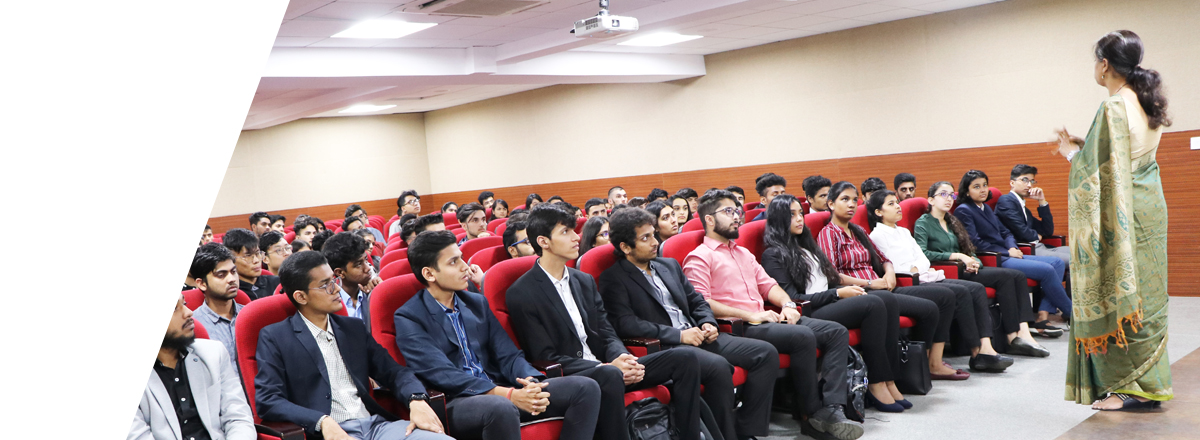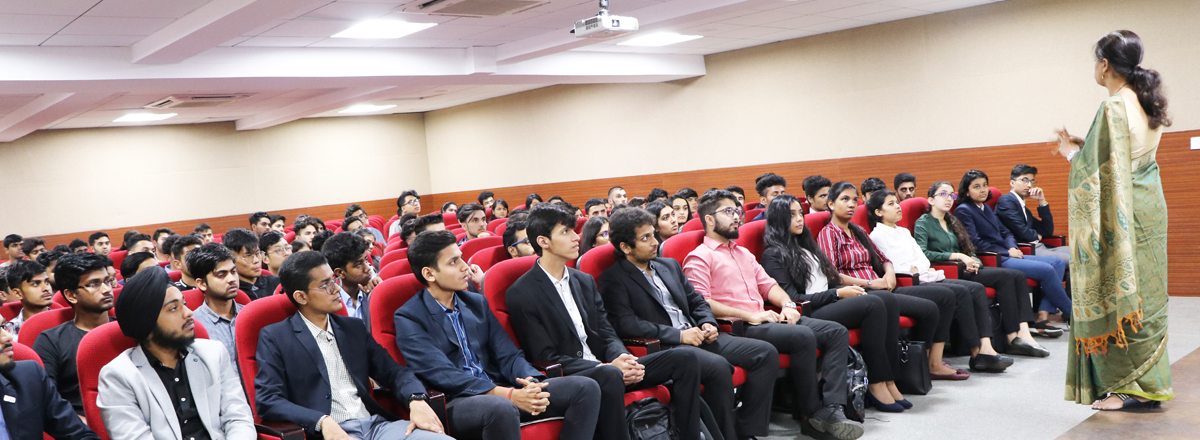Job Fair - Job Seekers




Job seekers can be rest assured that they would get the opportunity to showcase their talent and employability at Connect to Careers. Chances are high that, come the end of the day, you will land your dream job and walk away with your heads high. Do not miss this opening to prove your credentials.
A job fair presents unique possibilities to aspiring employees. It is a venue where the hopefuls can interact with the best job providers in the industry and gain hands-on information about relevant openings. Different career options can also be explored at a job fair, as it is a confluence of diverse companies and roles. Personal contact with the prospective employer is another highlight; a job seeker can communicate face-to-face with the potential employer and stake out your claim. From the seemingly simple task of preparing a resume to appearing for an interview, the job fair will prove to be an invaluable experience for all of you, whether you make the cut or not.
All undergraduates and postgraduates are eligible to attend Connect to Careers.
Carry multiple copies of the following things:
If you feel that you can lucidly explain your qualifications, credentials, and aspirations in a cover letter, feel free to write one, but keep it short.
A resume is meant to market your skills, achievements, professional background, academic history, and potential to a prospective employer. Your resume must provide maximum data as quickly as possible and differentiate you from all other candidates, in an attractively presented format.
As with a job interview, first impressions at a job fair are important. How you represent yourself sends an immediate message to employers about how serious you are in your job search. It is not always necessary to wear a suit to a job fair – unless you are looking for a job that would require you to dress professionally at work. However, you should leave the jeans and t-shirts at home.
Greet the employer and introduce yourself. Be sure to smile, make eye contact and use a firm handshake. Demonstrate your knowledge of the company’s mission including its products and services. Remember to ask the employer if they have any questions for you to answer. Be confident.
During the job fair, be sure to get the recruiter’s name and a business card whenever possible. Jot down notes after speaking with a recruiter so you can personalize the thankyou notes you send afterward. Once the job fair is over, as a first you will want to get organized. Review your conversations and what you learned from employers. Another important step is to send a thankyou to the recruiters you spoke to at the fair (email or snail mail). This reaffirms your interest in the position and company.
Things to include in your thankyou note:
In addition to a thankyou note, you will want to call or email employers to ask about the status of the positions and express your continued interest. Sometimes recruiters will collect resumes and keep them on file months after a job fair.